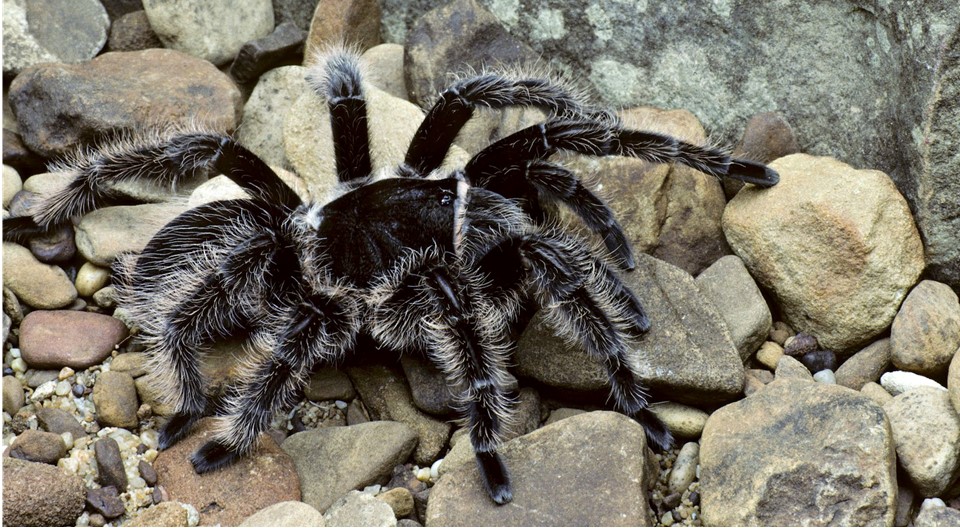
Please Don't Feed the Animals
by Morgan Seegmueller Burnette, Director
Every once in a while we have a problem with guests behaving irresponsibly during their visit to the Zoo. We were recently disappointed to discover a Facebook photo of a visitor who had climbed a barrier in an attempt to pet and feed chips to our Red-Ruffed Lemurs. Unfortunately, this is not the only time we’ve run into an issue like this. Similar reckless incidents have continued to make national headlines over the past few years. Unfortunately, zoos across the country have discovered that it is impossible to design a Zoo that is completely human proof. No amount of barriers, signs, and cameras can combat what is either ignorance or entitlement.
Do not climb barriers to feed, or pet our animals. They are there for a reason: to keep our animals and the public safe. Other zoos have successfully pressed charges for this exact selfish behavior and if you are caught doing it at Chehaw we intend to do the same. Our barriers are thoughtfully designed to keep both animals and humans safe while providing a unique opportunity for guests to connect with nature and encourage conservation action. Barriers and enclosures throughout the Zoo are inspected routinely to ensure they meet or exceed stringent requirements.
Zookeepers strive to provide the animals with as natural a diet as possible. Significant time and research goes into planning and preparing food for the animals each day. Very little is processed. You would be amazed at the boxes of fresh produce and meat we have delivered weekly. Food like chips is NOT a part of any animal’s diet, and the sudden introduction of it can cause serious problems, including death.
Most people probably realize that processed and unnatural food like chips or bread are unhealthy for the animals, but it may not be common knowledge that healthier foods may also be hazardous. Guests sometimes gather vegetation from the surrounding woods and attempt to feed it to our animals as well. While natural, these plants and fruits can end up being toxic or contaminated. I realize that these people most likely intend to treat the animals, not kill them, but such ignorance still has the ability to be devastating.
Even if an animal ignores food and trash thrown into exhibits it can end up rotting until a Zookeeper can safely remove it. This puts both our Zookeepers and animals at unnecessary risk. Wild animals have also gotten sick or injured trying to retrieve food tossed into exhibits.
Climbing barriers to pet animals can also have terrible consequences. Primates and other mammals can easily carry and spread diseases to and from humans. Tuberculosis and COVID-19 are two examples. We are currently wearing masks and gloves to interact with all of our mammals in a continued effort to keep them safe. These are wild animals, and many happen to have very large teeth and claws capable of inflicting severe damage. When you climb safety barriers and break the rules, you are risking the health and safety of our animals as well as your own.
Zookeepers use best-practices and conduct scientific research to provide the best diets to the animals in their care. All of our animals are fed the appropriate foods in the appropriate amounts under the supervision of a veterinarian. If you ever have any concerns about the health or body condition of our animals please find a Zookeeper or employee. Our staff loves talking about our animals and would be happy to answer any questions you may have,
If you simply wish to feed an animal or meet one up close, we have many amazing opportunities to do so, with the appropriate food in a supervised setting, every weekend. Most of these opportunities are included you’re your Zoo admission. Anyone found behaving inappropriately or dangerously will be asked to leave or will be escorted from the zoo. If you see something please seek out a member of our staff and report it immediately.















